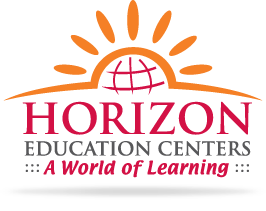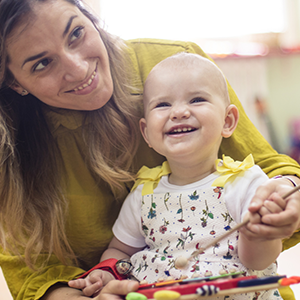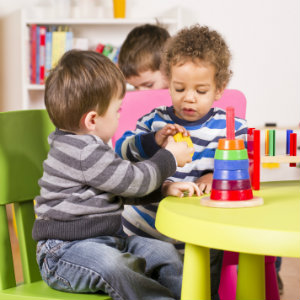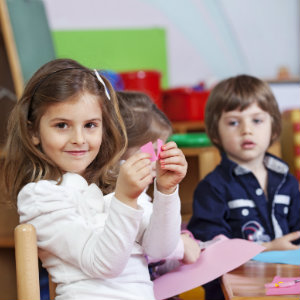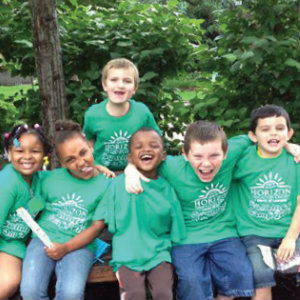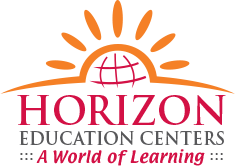When your child starts preschool — and then kindergarten and then elementary school — he or she should have certain skills to get the most out of his or her education. Here are strategies to use at home to help make sure your child is math ready. 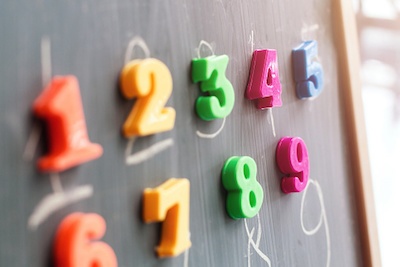
5 Math Readiness Concepts to Know
First, it’s important to know which mathematical concepts and skills are crucial for first-grade curriculums, and then prepare your child for them during the toddler, preschool and kindergarten years. Here is a list of concepts and skills from ZeroToThree.org:
- Understanding size, shape and patterns
- Ability to count verbally (first forward, then backward)
- Recognizing numerals
- Identifying more and less of a quantity
- Understanding one-to-one correspondence (for example, matching sets or knowing which group has four and which has five)
Hands-on Math Readiness
Fun ways to help prepare your child include cutting out various shapes — triangles, rectangles, circles and more — from colored construction paper. Ask your child to count the sides of each or to touch the square or jump on the triangle. You can also collect buttons or shells (or a collection of any other small object) and ask your child to count them. Ask him or her to sort the buttons, say, by color, and then by size.
Share rhymes and songs with your child that contain numbers. Read fun books that focus on numbers and counting. Start talking about the calendar with your child, because calendars help with counting, sequences and patterns. Count the laundry together. How many shirts are there? Socks? The ZeroToThree.org article has plenty more suggestions, so read the entire article for even more ideas.
Talking Math Talk
The more you talk about math at home, the more your child will think about math. It’s really that simple! It’s crucial, though, to use age-appropriate language to help your child learn. For example, with toddlers, it’s enough to simply count numbers — perhaps the number of chairs in a room.
When your child becomes a preschooler, it’s appropriate to ask questions, such as, “What does three plus three equal?” as long as it remains a discussion rather than extended quiz sessions. Let your child talk through the solution without interruption.
Once your child is in kindergarten, it’s time to start asking him or her for help. In the grocery store, show your child two similar items and their price tags, and ask which is a better (lower) price. If you see two kittens, ask your child how many it would be if, say, four more kittens showed up. Ask your child how many apples to buy if three people in your house like to eat them.
One parent shares that when she asks the apple question, her son’s “answers often involve explanations about the number of days in a week, how many people we have in our house, who likes apples and who does not, whether we usually cut the apples up into smaller pieces or eat them whole, and how many apples each of us usually eat in one sitting.” You can find more math talk tips here.
Struggling with Age-Appropriateness for Toddlers?
If you find that you aren’t always sure what’s reasonable to ask your toddler about math, or expect him or her to begin to understand, this PBS.org article helps track math development. As just one example, an older 2-year-old can typically distinguish the concept of “one” from “two,” and understands that “many” is more than two. A few may understand the concept of “three” — and, a select few, the number “four.”
Some toddlers can begin to match shapes, putting circles in one pile and squares in another, or smaller objects in one, larger objects in another. Between 24 and 36 months, toddlers can begin to put together simple three-piece puzzles, working their way up to four-piece puzzles, then more. This is just a smattering of milestone information provided by PBS so, again, read the entire article for more tips.
Math readiness preparation really can be fun! Be creative and enjoy watching your child develop new skills.
